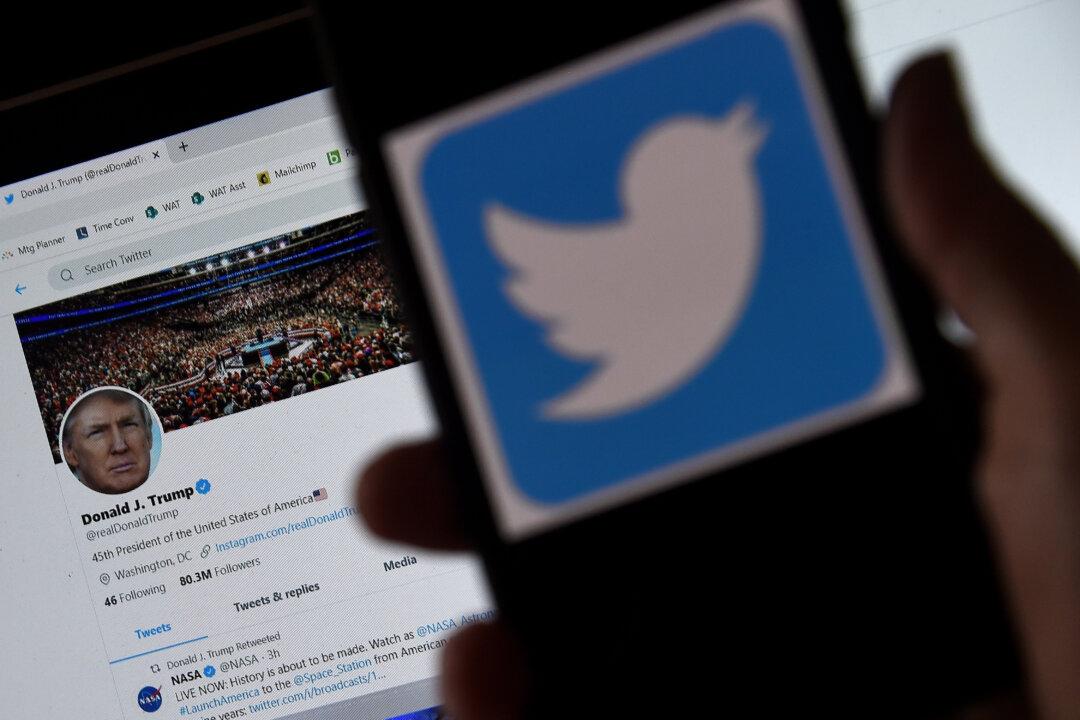Twitter on Nov. 12 said that it labeled approximately 300,000 tweets as containing content that was “disputed and potentially misleading” during a two-week period covering the election.
In a blog post published Thursday titled “An update on our work around the 2020 US Elections,” the company said it is still seeing record levels of election-related conversation on Twitter and wanted to provide an update about its ongoing work to actively enforce its rules to “protect the integrity of this public conversation.”




